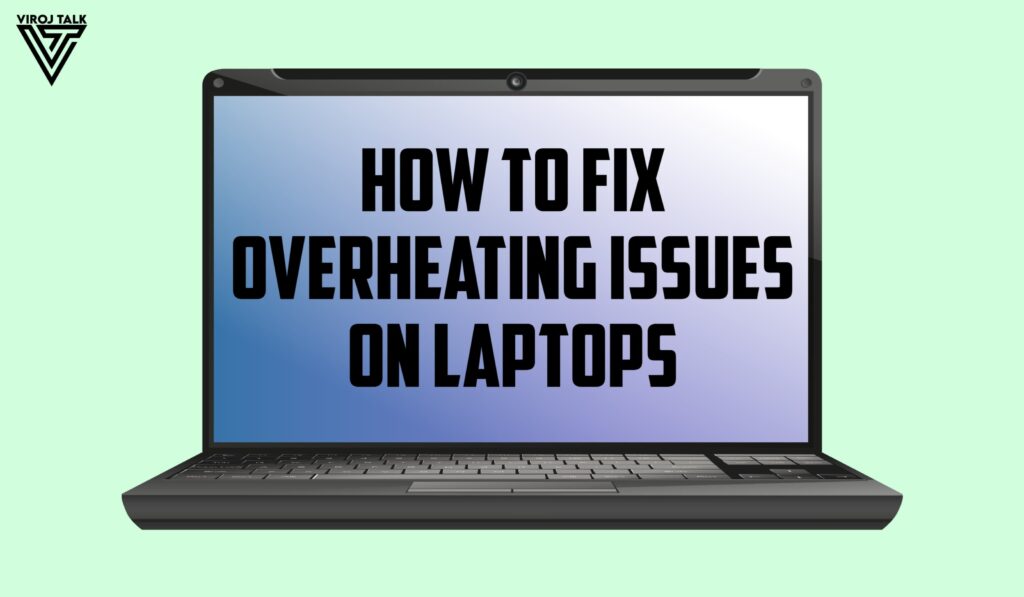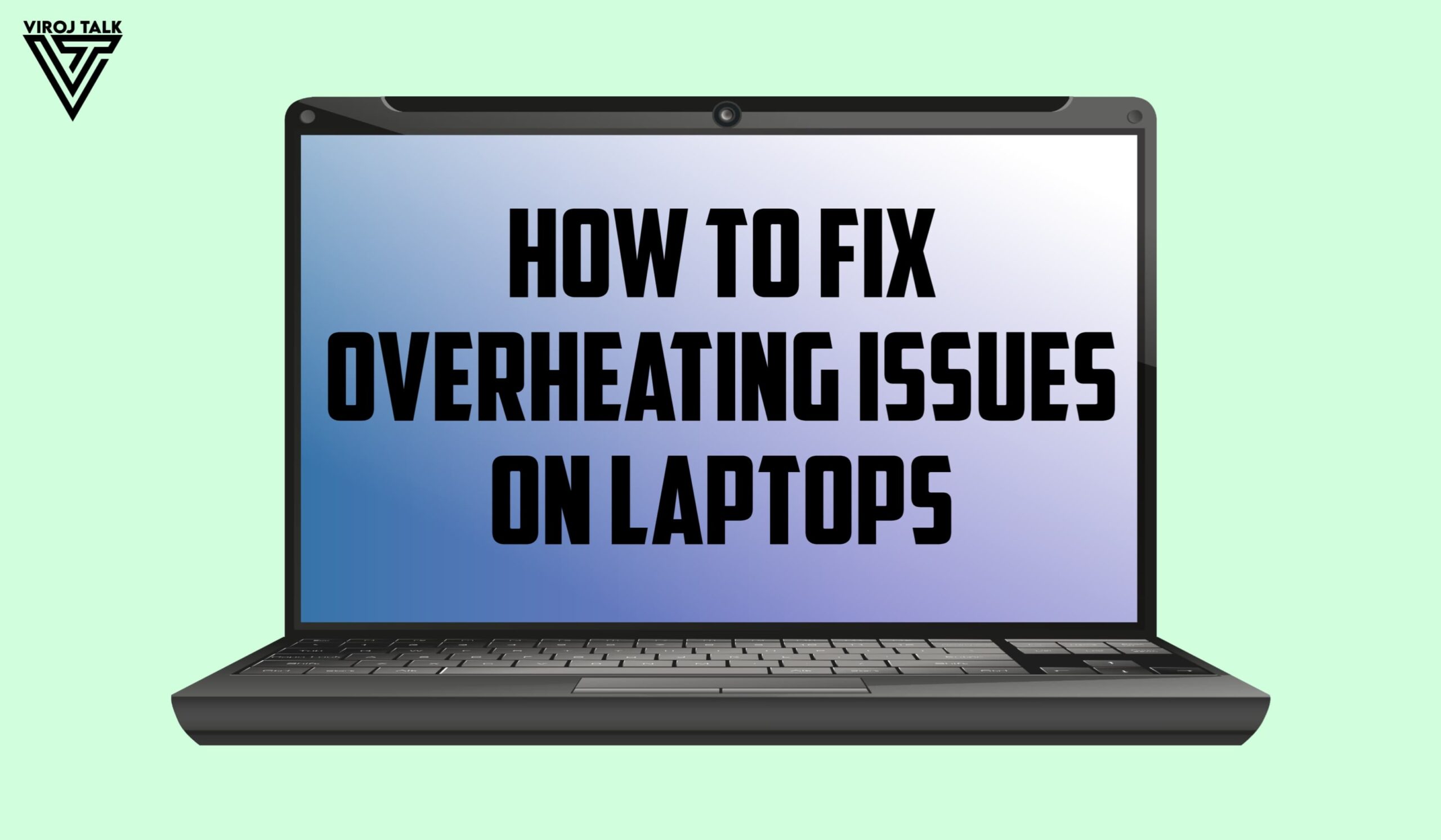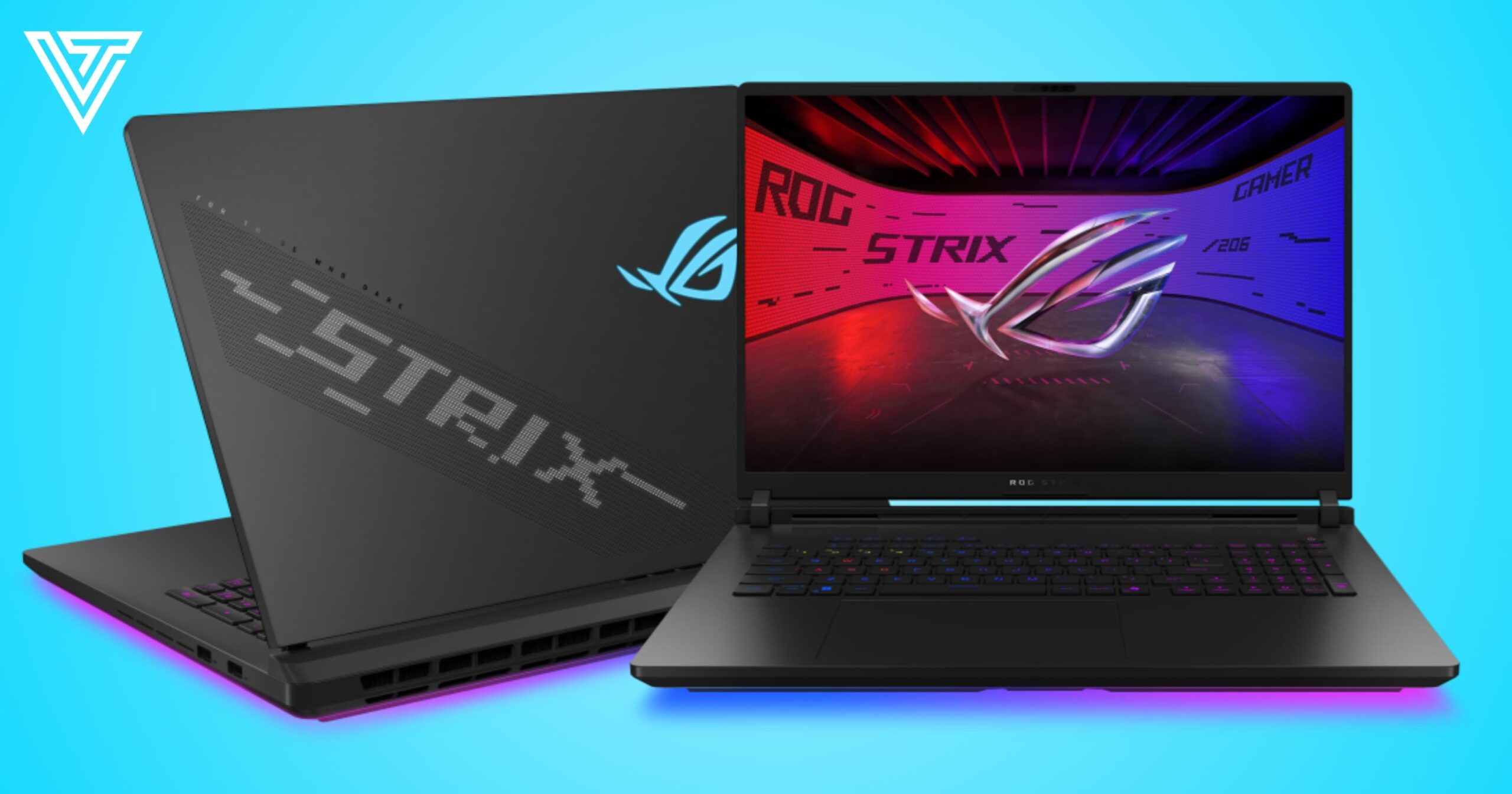How to Fix Overheating Issues on Laptops. Overheating laptops can lead to hardware damage and slow performance. Addressing the root causes can help maintain the longevity of your device.

1. Clean Dust from Vents and Fans
Accumulated dust blocks air circulation, causing laptops to overheat. Clean vents and fans regularly.
Steps:
Power off the laptop.
Use compressed air to clean vents.
2. Use a Cooling Pad
Invest in a cooling pad to maintain airflow and lower temperature.
3. Adjust Power Settings
Switching to power saver mode reduces CPU workload and prevents overheating.
Steps:
Open Control Panel.
Select Power Options.
Choose Power Saver mode.
4. End Unnecessary Background Processes
High CPU usage generates heat. Close unwanted applications and background processes.
Steps:
Press Ctrl + Shift + Esc.
Open Task Manager.
End processes using high CPU.
5. Update BIOS and Drivers
Outdated BIOS or drivers can cause hardware inefficiency, leading to overheating.
Steps:
Visit the manufacturer’s website.
Download and install the latest BIOS and driver updates.
Conclusion
Following these steps will help maintain optimal temperature and improve the performance of your laptop. If the issue persists, consider seeking professional assistance.







